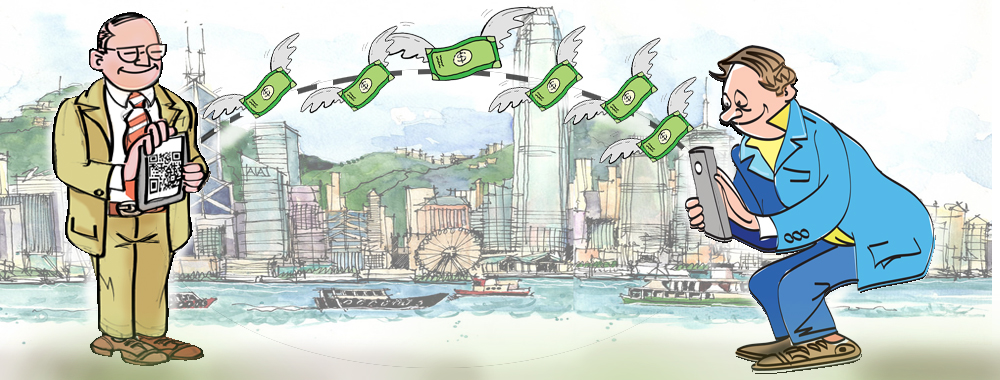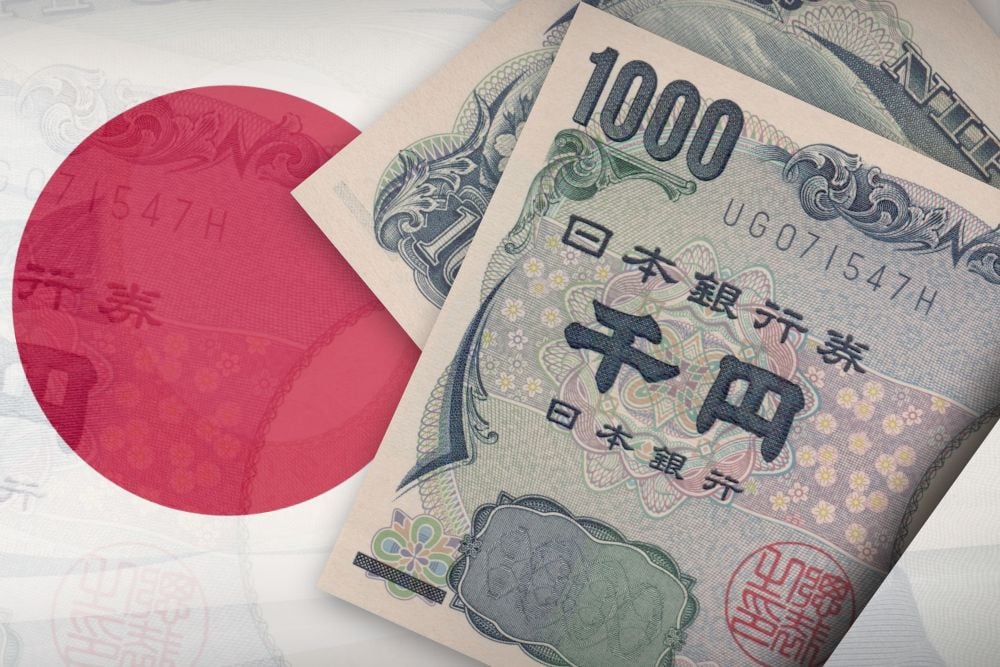
Seen as costly and inefficient to handle, the march towards eliminating physical cash from everyday use continues unabated. For instance, credit card and mobile wallet electronic payments offer advantages for businesses to keep track of multiple transactions, thereby improving reconciliation and real-time visibility of cash positions.
According to the World Payments Report 2017, around 726 billion digital transactions are expected to occur in 2020. The take up of cashless payments is predicted to be driven by emerging economies where financial technology usage is still at its nascent stage and has room to develop.
Several factors are playing a key role in creating this cashless world, including the rise of government-led payment schemes. In the last several years, governments within Asia have enabled electronic fund transfers between entities using phone numbers and email addresses as identifiers. From India's Unified Payments Interface system to Hong Kong's recently launched Faster Payments System (FPS), public sector schemes are creating a more convenient transactional environment for end-users.
"The FPS is a unique platform as it supports instant payments in Hong Kong dollars and the renminbi with the use of mobile phone numbers, email addresses or QR codes, and achieves full connectivity among banks and SVF (stored value facilities) accounts," says Norman Chan, chief executive of the Hong Kong Monetary Authority.
In Singapore, the MAS (Monetary Authority of Singapore) has recently created a single QR code expected to be compatible with 27 payment schemes currently operating in the city-state.
Telecom companies have also played a part in instilling a cashless mindset. In the Philippines, for instance, Globe Telecom has created its own mobile wallet, GCash, to help unbanked Filipinos pay bills and transfer funds. Similarly, Doha-based Ooredoo has developed the M-Pietsan wallet, one of the few mobile money solutions in Myanmar. Telecom companies also have plans to link their payments systems, with Singapore's Singtel Group and Thailand's AIS just last week announcing a cross-border payment alliance - VIA - for their respective users.
"The VIA alliance is aimed at unifying Asia's fragmented payments scene by connecting different mobile wallet systems across the region. As more people travel around the region, we want them to be able to enjoy the ease and familiarity of using their local mobile wallets abroad," states Arthur Lang, CEO of Singtel's International Group.
In addition, new economy companies are looking to make their mark in the opportunistic cashless payments landscape. Grab, the Southeast Asian-based ride-hailing company which has its own mobile wallet interface, GrabPay, recently got the green light from the Philippine Central Bank to expand its electronic payment services in the country. Elsewhere, Indonesian e-commerce company Tokopedia is likewise looking to get its buyers to utilize its in-house TokoCash service. The feature, however, is still pending approval from Indonesian financial regulators.









